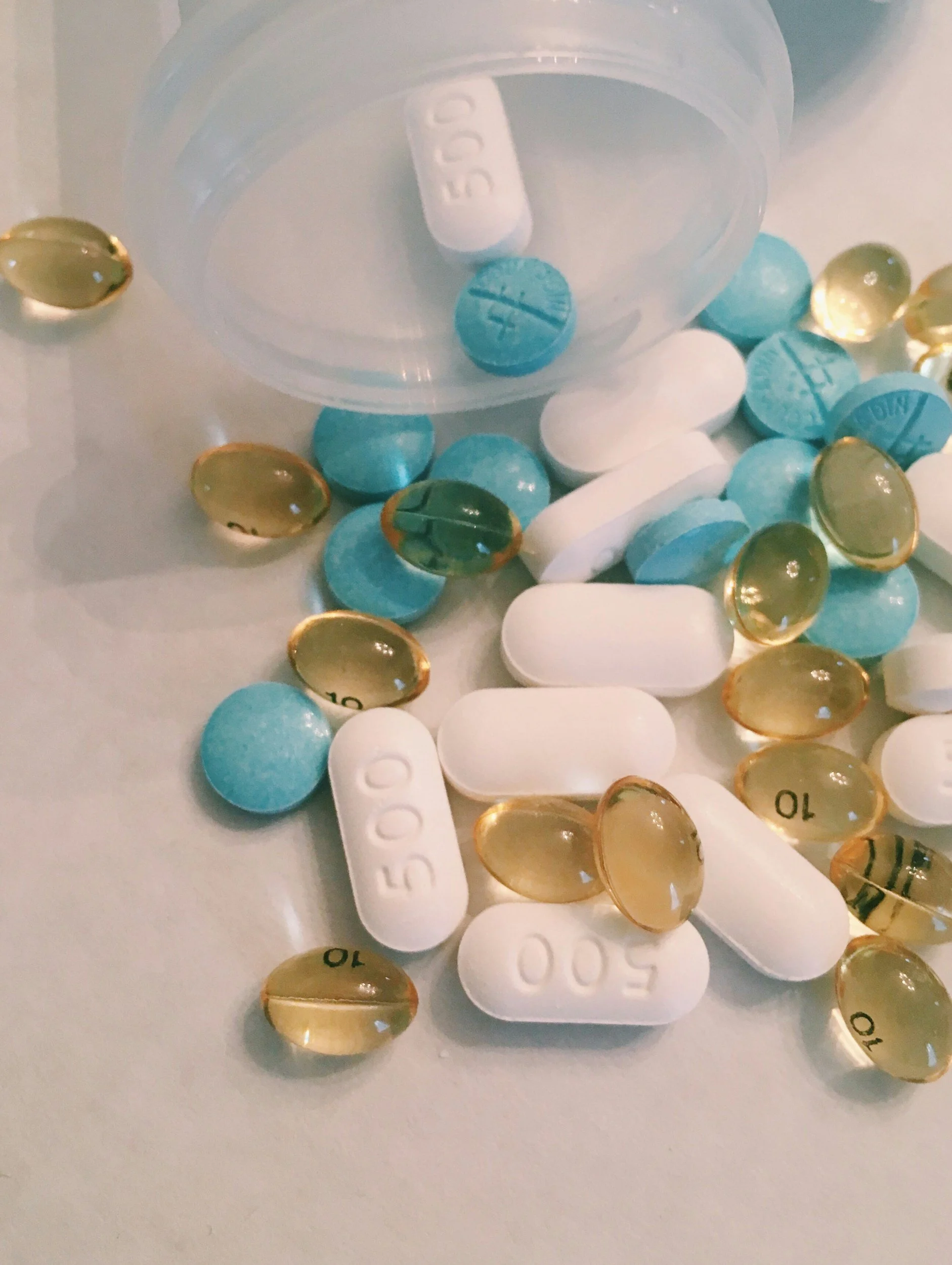Drug-Induced Hearing Loss
Drug-induced hearing loss refers to hearing impairment or permanent deafness caused by the use of specific medications. Common culprits include aminoglycoside antibiotics (such as streptomycin and gentamicin), chemotherapy drugs (like cisplatin), high-dose salicylates (e.g., aspirin), and certain diuretics. The mechanism involves the toxic effects of these drugs on the cochlea or auditory nerves. Early detection and immediate discontinuation of the offending drug are crucial for improving outcomes.
Common Medications That May Cause Drug-Induced Hearing Loss
1.Aminoglycoside Antibiotics: Examples include streptomycin, gentamicin, and kanamycin. They can cause permanent hearing damage by destroying the hair cells in the cochlea.
2.Platinum-Based Chemotherapy Drugs: Medications such as cisplatin and carboplatin may damage cells within the cochlea and the auditory nerve.
3.Salicylates: Long-term or high-dose use of aspirin can lead to temporary tinnitus or hearing loss.
4.Loop Diuretics: Drugs like furosemide may induce hearing problems by altering the electrolyte balance in the inner ear.
Treatment and Rehabilitation
1.Immediate Drug Discontinuation: Upon noticing any abnormal hearing symptoms, the suspected medication should be stopped immediately. In some cases (e.g., with salicylates), symptoms may resolve after discontinuation.
2.Medical Treatment: Under a doctor's guidance, certain medications may be used to manage the condition.
3.Hearing Assistance: Patients with permanent hearing loss may benefit from hearing aids or cochlear implants to improve their hearing.
Special Note: All prescription drugs (such as antibiotics and chemotherapy agents) must be used strictly under medical supervision. If symptoms like tinnitus or hearing loss occur, seek immediate medical attention. High-risk individuals (e.g., those with a family history of hearing loss) should inform their doctor proactively to explore alternative treatment options.


